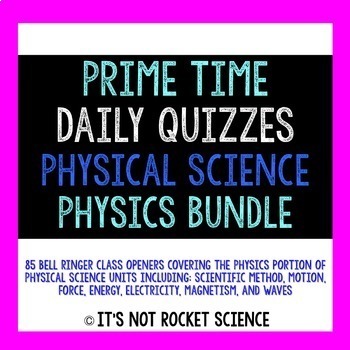Space + Science News

Sign Up To Our Newsletters
While some of their content material is nice, our biggest problem with them is that they’re susceptible to broad-eyed speculation and clickbait somewhat than severe science news analysis. It may be very critical and well reported, but the topic selection is esoteric and of interest to few people. Learn about the myriad contributions being made every day by our school, workers, students and residents in response to the COVID-19 pandemic.
About 1 / 4 of social media users (26{1afd4c3cdd86cac05842cd18beab5fd5615039e8faf5bbb3ee05e04ef8d6e544}) observe science accounts; these users are more likely to click on through to articles on science posts and to contemplate social media an important method they get science news. Beyond information and social media, most Americans encounter science-associated info by way of entertainment media and informal science learning venues such as museums or parks. And, amidst a rising array of options, some 16{1afd4c3cdd86cac05842cd18beab5fd5615039e8faf5bbb3ee05e04ef8d6e544} have immediately engaged with science analysis by participating in a kind of citizen science analysis exercise, themselves. While CNN, Fox News, and MSNBC could be helpful for other issues, they are largely awful sources of science information. Any science information reported here should be verified for accuracy.
Roughly one-in-six U.S. adults (17{1afd4c3cdd86cac05842cd18beab5fd5615039e8faf5bbb3ee05e04ef8d6e544}) each …
